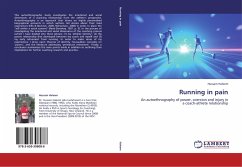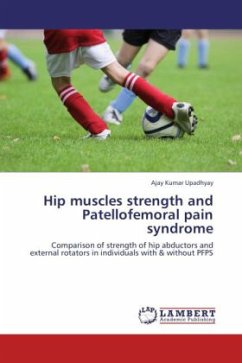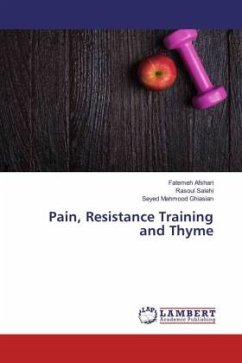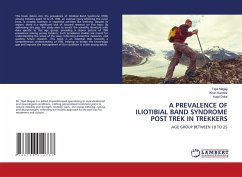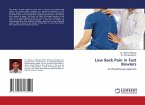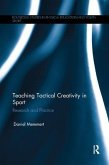This autoethnographic study investigates the emotional and social dimensions of a coaching relationship from the athlete's perspective. Autoethnography is an approach that draws on highly personalised biographical accounts in which authors tell stories about their lived experiences (Ellis & Bochner, 2000; Richardson, 2000) in order to place the "self within a social context" (Reed-Danahay, 1997, p. 9). In the process of investigating the emotional and social dimensions of the coaching process (which I have divided into three phases; (1) my 'athletic identity'; (2) the power relationship that developed between my coach and myself and (3) my early retirement from running. In order to make sense of my experiences, I draw upon theories of identity, Foucauldian concepts on 'power', and the literature addressing 'premature retirement'. Finally, a conclusion summarises the main points made in addition to outlining their implications for further coaching research and practice.
Bitte wählen Sie Ihr Anliegen aus.
Rechnungen
Retourenschein anfordern
Bestellstatus
Storno

